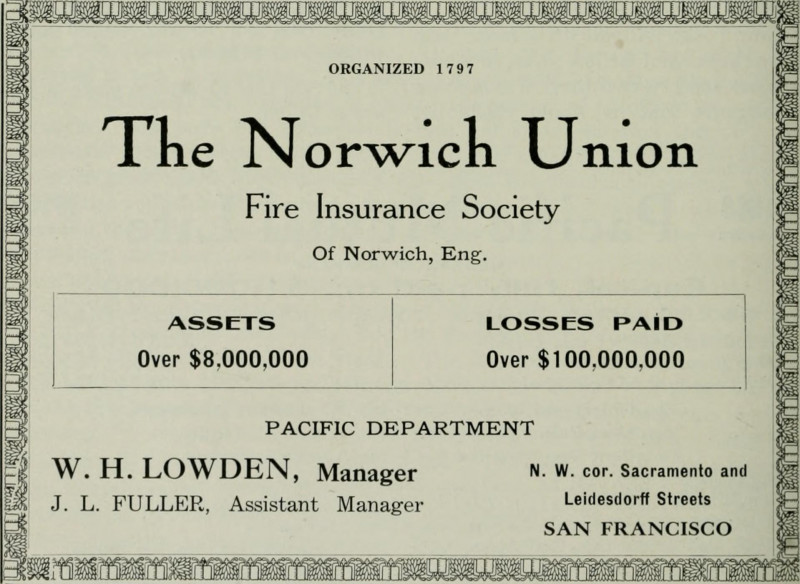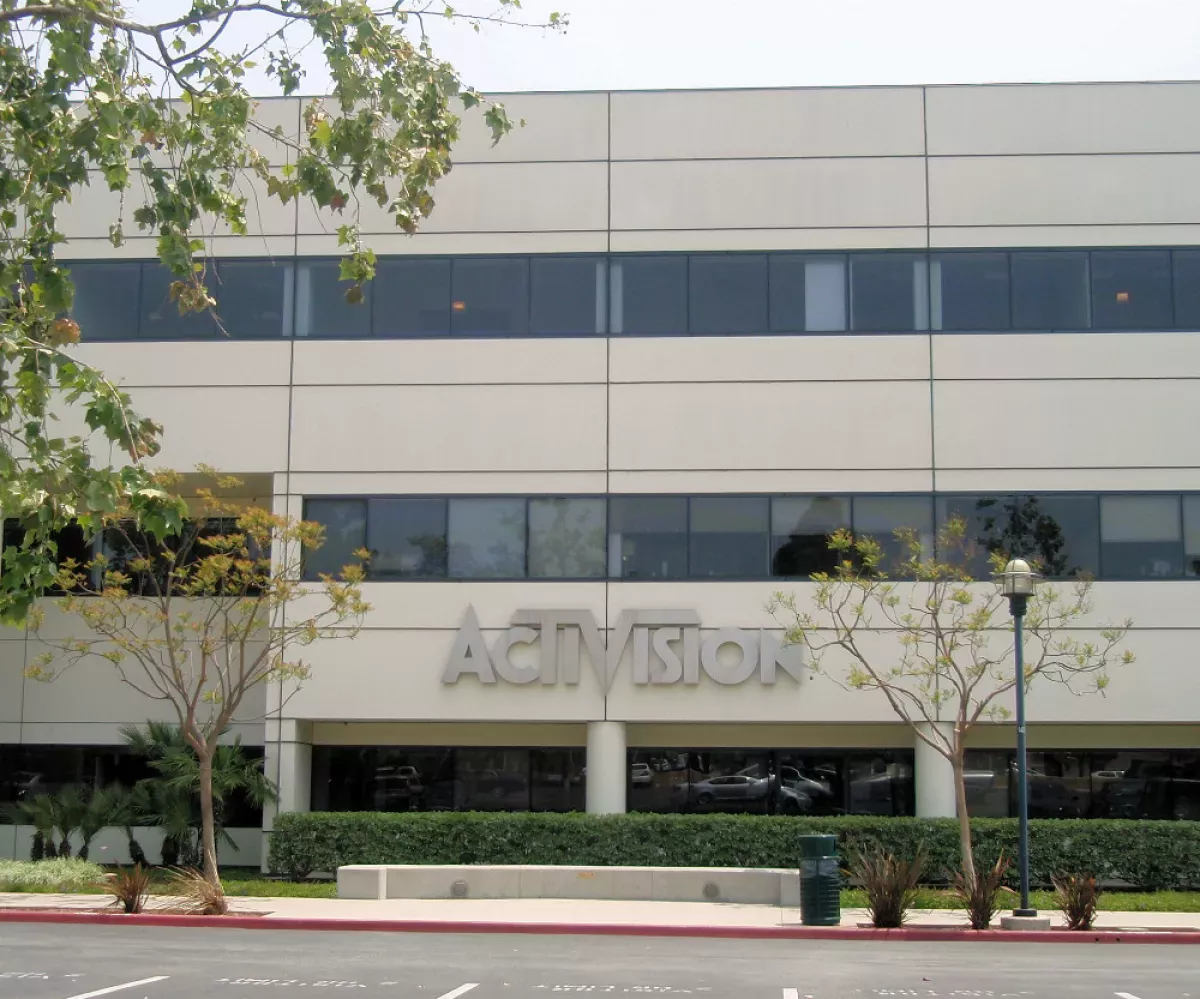Activision Publishing, Inc., based in Santa Monica, California, is a prominent American video game publisher. It functions as the publishing arm of its parent company, Activision Blizzard, overseeing various subsidiary studios. Notably, Activision ranks among the world's largest third-party video game publishers and held the position of the top publisher in the United States in 2016, highlighting its significant role and influence in the gaming industry.
1976: Warner Communications Buys Atari, Inc.
In 1976, Warner Communications acquired Atari, Inc. from Nolan Bushnell with the aim of accelerating the launch of the Atari Video Computer System (Atari VCS or Atari 2600) to market.
1977: Atari Hires Programmers
In 1977, Atari started hiring programmers to develop games for the Atari Video Computer System (Atari VCS or later the Atari 2600).
1978: Ray Kassar Named Atari CEO
In 1978, following Warner's acquisition of Atari, Ray Kassar was appointed as the CEO of Atari.
May 1979: Gang of Four Demands Royalties
In May 1979, Crane, Kaplan, Miller, and Whitehead, known as the "Gang of Four," met with Atari's CEO, Ray Kassar, to demand royalties and recognition, akin to how record labels treated musicians. Kassar dismissed their demands.
October 1, 1979: Activision Founded
On October 1, 1979, Activision, Inc. was founded in Sunnyvale, California by former Atari game developers who were dissatisfied with their treatment at Atari. They aimed to develop games for the Atari 2600.
1979: Decision to Form Independent Company
In 1979, the "Gang of Four" decided to leave Atari and start their own independent game development company. They secured about $1 million in capital from Sutter Hill Ventures with the help of Jim Levy.
1979: Atari's Marketing Memo and Developer Salaries
In early 1979, Atari's marketing department released a memo that highlighted top-selling cartridges from the previous year. Programmers were unhappy that they were not being compensated fairly despite generating substantial revenue for the company.
1979: Activision Begins Development
In the latter half of 1979, Activision started development out of Crane's garage, with each programmer working on their own game.
1980: Consumer Electronics Show and Atari's Response
In 1980, Activision showcased their titles at the Consumer Electronics Show, gaining favorable press. Atari responded by attempting to tarnish Activision's reputation and threatening retailers who carried Activision games.
1981: Closure of Imagic
Crane was concerned with how Davis managed the closure of Imagic, one of the third-party development studios formed after Activision's success in 1981.
1981: Kaboom! Release and Success
In 1981, Activision released Kaboom!, which became the company's first game to sell over a million units.
1982: Lawsuit Settlement
By 1982, Atari's lawsuit against Activision, claiming trade secret theft and violation of non-disclosure agreements, was settled. Activision agreed to pay royalties to Atari, legitimizing the third-party development model.
1982: Pitfall! Release and Kaplan's Departure
In 1982, Activision's hit game Pitfall!, created by Crane, was released and sold over four million copies. Near the end of 1982, Kaplan left Activision to work on the development of the Amiga personal computer.
June 1983: Initial Public Offering
In June 1983, Activision completed its initial public offering (IPO) on NASDAQ under the stock ticker AVSN. Total sales were estimated at $157 million, and revenues at $60 million prior to the IPO.
1983: Rise of Third-Party Developers and Video Game Crash
In 1983, Activision's success led to the rise of more third-party developers and home consoles. The inexperience of many new third-party developers contributed to the video game crash of 1983.
1983: Impact of the Video Game Crash
In 1983, the video game crash caused many third-party developers to fail, leading to warehouses of unsold games being sold at discounted prices, reducing Activision's income.
1983: Video Game Crash and Diversification
In 1983, the video game crash, partly caused by numerous inexperienced companies attempting to emulate Activision's success, significantly impacted Activision's console game position. This led the company to diversify into home computer games and acquire Infocom.
1983: High Score Patches
Through 1983, Activision offered patches to players who sent in photos of their high scores in Activision games.
1984: Revenue Drop and Staff Layoffs
By the end of 1984, Activision's quarterly revenue dropped significantly, leading to staff layoffs.
1985: Talent Drain and Accolade Formation
In 1985, there was a continued drain of talent due to the video game crash. Miller and Whitehead left in 1984 and formed Accolade.
June 1986: Acquisition of Infocom
In June 1986, Activision acquired Infocom through a corporate merger. This decision was led by Jim Levy, who was later replaced by Bruce Davis.
1988: Name Change to Mediagenic
In 1988, Activision expanded into software beyond video games, including business applications, and subsequently changed its corporate name to Mediagenic.
1989: Activision Publishes MechWarrior
In 1989, Activision published the first-person perspective game MechWarrior, based on FASA's pen-and-paper game BattleTech.
1989: Closure of Infocom Studios
In 1989, after several years of losses, Activision closed down the Infocom studios.
May 1990: Patent Infringement Lawsuit Loss
In May 1990, Mediagenic faced a setback after losing patent infringement lawsuits filed by Magnavox. The lawsuits concerned the similarities between Activision's games and Magnavox's patents, resulting in a $6 million penalty against Mediagenic.
1990: Development of Joe Montana Football
Around early 1990, Mediagenic worked on an early version of a football game that served as the basis for Joe Montana Football. Sega later had to take the incomplete game to Electronic Arts for completion.
1991: Acquisition by Kotick and Investors
Around 1991, Mediagenic, formerly Activision, was deeply in debt and was bought for approximately $500,000 by Bobby Kotick and a group of investors.
1992: Mediagenic Renamed to Activision
By the end of 1992, Kotick successfully fulfilled the bankruptcy plan for Mediagenic, leading to the company being renamed to Activision, restoring its original name.
October 1993: Activision Goes Public
In October 1993, the newly renamed Activision went public, raising approximately $40 million. It was subsequently listed on NASDAQ under the ticker symbol ATVI.
1995: Kotick's Promise to Investors Fulfilled
By 1995, Bobby Kotick's approach had met his promise to investors of four years of 50% growth in revenues while remaining break-even. Kotick then set Activision on his second promise to investors, to develop high-demand games and make the company profitable.
1995: MechWarrior 2 Released
In 1995, after two years of delays and internal struggles, Activision released MechWarrior 2, a sequel to the first-person perspective game MechWarrior, based on FASA's BattleTech. However, FASA did not renew their licensing deal with Activision.
1997: Heavy Gear License Procured
In 1997, Activision acquired the license to Heavy Gear, a pen-and-paper-based war game. The video game version of Heavy Gear was well-received by critics.
1997: Profitability Target Set
In 1997, Activision's CEO, Bobby Kotick, set the goal to develop high-demand games and make the company profitable by the end of the year.
1997: Acquisition Strategy Initiated
In 1997, Activision, under Kotick's leadership, began acquiring video game development studios based on market surveys to determine content focus areas.
1998: Battlezone Released
In 1998, Activision released Battlezone, which used the Mechwarrior 2 engine.
June 16, 2000: Activision Reorganized as Activision Holdings
On June 16, 2000, Activision reorganized as a holding company named Activision Holdings. Activision changed its corporate name from "Activision, Inc." to "Activision Publishing, Inc.", while Activision Holdings took Activision's former "Activision, Inc." name.
2001: Acquisitions During the Dot-com Bubble
Prior to 2001, Activision made several acquisitions during the Dot-com bubble, enabling them to acquire studios at lower valuations.
2006: Kotick Seeks Massively Multiplayer Online Market Title
Around 2006, Bobby Kotick sought a title for the massively multiplayer online market. He contacted Jean-Bernard Lévy, the CEO of Vivendi, which owned Blizzard Entertainment and its successful World of Warcraft game.
2006: Vivendi Merger Discussions
In 2006, Jean-Bernard Lévy offered Bobby Kotick a merger between Activision and Vivendi Games, but only if Lévy held the majority shares in the merged group, which would force Kotick to cede control.
December 2007: Merger Agreement with Vivendi
In December 2007, Activision's board approved the merger with Vivendi Games.
2007: Activision Buys RedOctane and Agrees to Vivendi Merger
In 2006-2007, Activision acquired RedOctane, the publisher of the Guitar Hero franchise, as some of Activision's former successful properties began to wane. In 2007, Kotick agreed to the merger with Vivendi Games.
July 2008: Activision Blizzard Merger Completed
In July 2008, the merger between Activision and Vivendi Games was completed. The new company was named Activision Blizzard and was headed by Bobby Kotick, with Vivendi maintaining a 52% share.
2008: Activision's Acquisition Spree Ends
Between 1997 and 2008, Activision made an estimated 25 acquisitions of video game development studios.
2008: Merger with Vivendi Games
In 2008, Activision's holding company merged with Vivendi Games, the parent company of Blizzard Entertainment, forming Activision Blizzard, with Bobby Kotick as CEO.
November 2009: Sledgehammer Games Established
In November 2009, Activision Publishing established Sledgehammer Games. It was formed earlier in 2009 by Glen Schofield and Michael Condrey.
February 2010: Studio Closures and Layoffs
In February 2010, Activision Blizzard reported significant revenue losses, leading Activision Publishing to shut down Red Octane, Luxoflux, and Underground Development, as well as lay off approximately 25% of the staff at Neversoft.
November 2010: Budcat Creations Shuttered
In November 2010, Activision shuttered Budcat Creations.
2010: Eric Hirshberg Announced as CEO
In 2010, Eric Hirshberg was announced as the CEO of Activision Publishing, which remained a subsidiary of Activision Blizzard.
2010: Sledgehammer Assists Infinity Ward
In early 2010, legal issues between Infinity Ward and Activision Blizzard led to several members of Infinity Ward leaving, and Activision assigned Sledgehammer to assist Infinity Ward in the next major Call of Duty title, Modern Warfare 3.
February 2011: Bizarre Creations Shuttered
In February 2011, Activision shuttered Bizarre Creations.
2016: Top U.S. Publisher
In 2016, Activision was recognized as the top video game publisher in the United States.
March 2018: Hirshberg Leaves CEO Position
In March 2018, Eric Hirshberg left the CEO position at Activision Publishing.
January 9, 2019: Rob Kostich Appointed President
On January 9, 2019, Activision Blizzard appointed Rob Kostich as president of Activision Publishing, following an executive reshuffle. Kostich previously served as executive vice president and general manager of the Call of Duty franchise.
2020: Release of Call of Duty: Warzone
In 2020, Activision released the free-to-play game Call of Duty: Warzone as part of their focus on the Call of Duty franchise.
April 2021: Focus on Call of Duty Franchise
By April 2021, Activision had assigned all of its internal studios to work on some part of the Call of Duty franchise.
August 2021: Activision Mobile Studio Established
In August 2021, Activision established a new studio, Activision Mobile, devoted to the Call of Duty Mobile title.
September 2021: New Santa Monica Office Space
In September 2021, Activision and its parent Activision Blizzard vacated their longtime headquarters building in Santa Monica and subleased a smaller office space at the Pen Factory from Kite Pharma.
October 2023: Acquisition by Microsoft
In October 2023, Microsoft acquired Activision Blizzard, but maintained that Activision would continue to operate as a separate business, publishing games developed by its studios.
October 2023: Microsoft Acquires Activision Blizzard
In October 2023, Microsoft acquired Activision Blizzard, making Activision Publishing a separate division under the Microsoft Gaming arm.
March 8, 2024: Activision QA Workers Unionize
On March 8, 2024, 600 Activision QA workers in Texas, Minnesota and California unionized under the Communication Workers of America (CWA), marking it as the largest union in the United States video game industry.
May 16, 2024: Elsewhere Entertainment Studio Established
On May 16, 2024, Activision announced the establishment of Warsaw-based studio Elsewhere Entertainment, for a new narrative-based AAA IP.
July 2024: SAG-AFTRA Labor Strike
In July 2024, the Screen Actors Guild-American Federation of Television and Radio Artists (SAG-AFTRA) actor labor union initiated a labor strike against video publishers including Activision, over concerns about lack of AI protections.
Mentioned in this timeline
California is a U S state on the Pacific Coast...

Microsoft an American multinational technology corporation headquartered in Redmond Washington...

Joe Montana nicknamed Joe Cool and the Comeback Kid is...

Football is a family of team sports primarily involving kicking...

The Nasdaq Stock Market is a major American stock exchange...
Texas the second-largest US state by area and population is...
Trending
57 minutes ago Montgomery County Schools reverses electric bus plan; considers snow day calendar changes.

57 minutes ago Discovering Nuria Brancaccio: Rising Star in Women's Tennis

3 hours ago Zurich Insurance to Acquire Beazley in a Landmark $11 Billion Deal

2 hours ago Chwali?ska and Kawa Shine in Antalya: Polish Tennis Players Achieve Notable Wins

2 hours ago Cazzie David discusses her new book 'Delusions' and the writing process.

6 hours ago Warriors face play-in, Curry's injury raises concerns, Kerr lowers expectations, Moody's role?
Popular

Jesse Jackson is an American civil rights activist politician and...

Hillary Diane Rodham Clinton is a prominent American politician lawyer...

Jim Carrey is a Canadian-American actor and comedian celebrated for...

XXXTentacion born Jahseh Dwayne Ricardo Onfroy was a controversial yet...

Michael Joseph Jackson the King of Pop was a highly...

Kashyap Pramod Patel is an American lawyer who became the...
